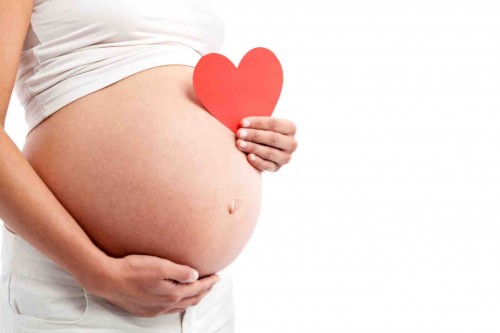Women’s infertility is an increasingly important topic in today’s society. Each year the average age of women giving birth rises, shedding light on the fact that women are getting settled in their careers before starting a family. Not to mention the modern day woman has to deal with an incredible amount of stressors that affect her ability to conceive. According to the CDC the birth rate for women from 35 to 44 years of age rose in 2011. As promising as that sounds, the overall total fertility rate decreased 2%, making it the lowest rate since 1987! The average age of women giving birth is close to 25 years old, significantly older than the average in 1970 which was 21 years of age. Fertility becomes complex as women age and encounter other risk factors such as:
- Aging. Women who conceive at age 35 and older have an increased risk of complications during pregnancy. Not to worry, many woman deliver perfectly healthy babies well into their mid to late 40s without complications. Proper planning is encouraged when preparing for a birth later in life. Start prenatal care well before you start trying to conceive. Prenatal tests are now offered to check the chances of giving birth to a baby with birth defects.
- Alcohol/Smoking. Women who regularly consume alcohol increase their chances of miscarriage while negatively impacting their hormone levels. Smoking increases the rate at which a woman’s ovaries release her eggs. Nicotine depletes estrogen levels and can linger in the woman’s cervical mucus killing sperm upon entry.
- Fluctuations in Body Fat. A woman’s weight plays a huge role in her ability to carry a child. Women who are less than 85% of their projected ideal body weight experience decreased levels of their alternate estrogens. Levels decline until they reach extremely minute amounts and completely shut off. Thus leaving them without regular menstruation and the inability to conceive. Women who are overweight, obese or who have a body fat percentage of 25% or higher, can become infertile when excess levels of estrogen are stored in their body fat. When their body becomes saturated with such reproductive hormones they do not experience regular menstrual cycles.
- Health Conditions. Endometriosis and Uterine fibroids have the potential to affect a woman’s fertility. Anything that may block the pathway for sperm to reach the egg whether its scar tissue or cysts, can decrease the chances of becoming pregnant. Uterine Fibroids usually do not harm a pregnant woman and her child unless they a large size, or blocking important pathways such as the cervix or fallopian tubes. Endometriosis, on the other hand, can be extremely painful and the mother and child should be watched carefully under a doctor’s supervision.
- Medications. Men and woman can both be affected by taking medications when trying to conceive. Always consult a doctor about which medications you are taking to prevent any complications.
- Stress. Women experience high levels of stress in their daily lives. This can affect a woman’s hormone levels and her regular menstrual cycle. When your body is under high levels of stress it struggles to execute certain tasks. To relieve stress try relaxation exercises like yoga, get more sleep, and find ways to help unwind after a hectic day. Many women chose to pamper themselves with a nice manicure and massage, while others relax by taking a nice bike ride or stroll around the neighborhood to get fresh air.
- Irregular Hormone Levels. Unfortunately, hormone levels tie into all of the factors listed above. Your body’s hormones constantly fluctuate with changes in weight, stress levels, inadequate amounts of sleep, medications, smoking, and drinking.
